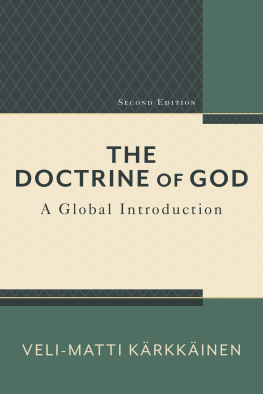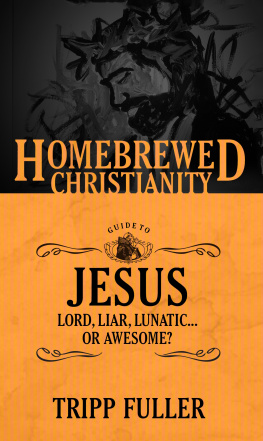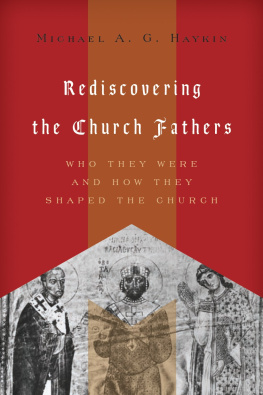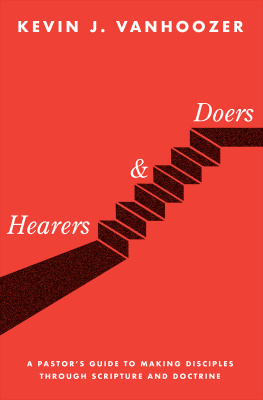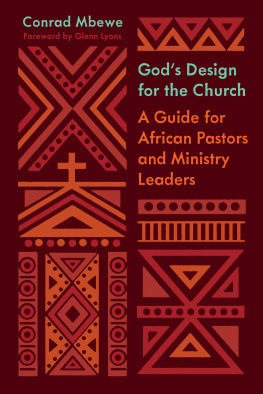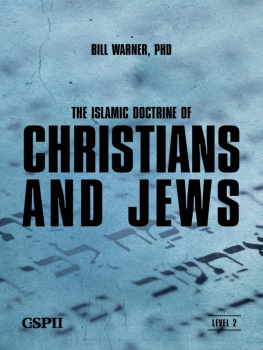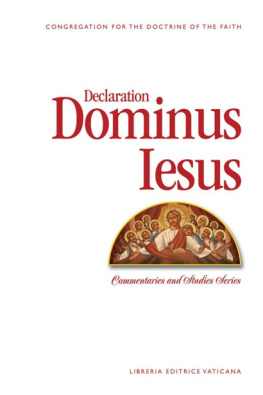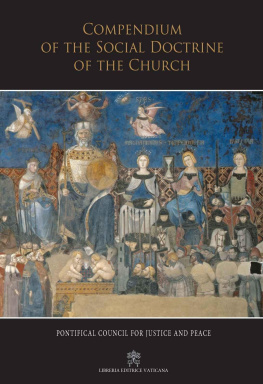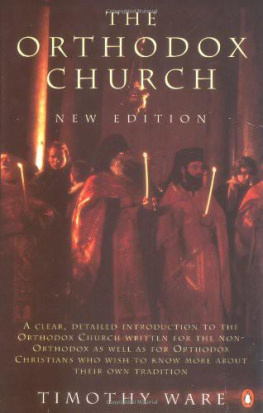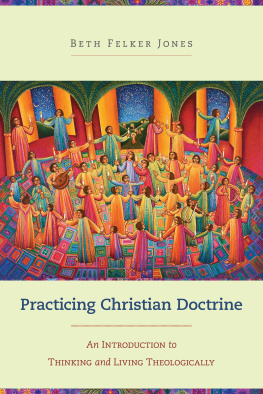All rights reserved. No part of this publication may be reproduced, stored in a retrieval system, or transmitted in any form or by any meansfor example, electronic, photocopy, recordingwithout the prior written permission of the publisher. The only exception is brief quotations in printed reviews.
Library of Congress Cataloging-in-Publication Data is on file at the Library of Congress, Washington, DC.
Unless otherwise indicated, Scripture quotations are from the Holy Bible, New International Version. NIV. Copyright 1973, 1978, 1984, 2011 by Biblica, Inc. Used by permission of Zondervan. All rights reserved worldwide. www.zondervan.com
Scripture quotations labeled KJV are from the King James Version of the Bible.
Scripture quotations labeled NRSV are from the New Revised Standard Version of the Bible, copyright 1989, by the Division of Christian Education of the National Council of the Churches of Christ in the United States of America. Used by permission. All rights reserved.
Scripture quotations labeled RSV are from the Revised Standard Version of the Bible, copyright 1952 [2nd edition, 1971] by the Division of Christian Education of the National Council of the Churches of Christ in the United States of America. Used by permission. All rights reserved.
Contents
Cover
Title Page
Copyright Page
Abbreviations
Preface
Introduction: God-Talk Then and Now
Part 1: The Texture of Historical Developments
1. Biblical Narrative and Testimonies of God
For Orientation: God-Talk in the Bible
Old Testament: Jewish Monotheism
New Testament: Christian Trinitarian Monotheism
2. The Rise and Consolidation of the Christian Doctrine of God
Classical Theism: What Is It?
Early Fathers on God and Trinity
The Emergence of the Trinitarian Doctrine and Its Challengers
Patristic and Creedal Establishment of the Doctrine of God
3. From the Medieval to the Modern Quest for God
Mystical Visions and Sophisticated Doctrines of Medieval Times
The Zenith of Classical Theism: The Schoolmen on the Doctrine of God
The Rise of the Social Model of the Trinity
The Reformers and Their Followers on God
The Mystical Experience of God among Catholic Reformers
Post-Reformation Testimonies and Doctrines
God in Modernity
Reflections: Looking Back and Forward
4. Interpretations of God among European Theologies
God as the Wholly Other: Karl Barth
God as the Mystery of the World: Karl Rahner
God as Communion: John Zizioulas and Eastern Orthodox Tradition
God as the Power of the Future: Wolfhart Pannenberg
The Crucified God: Jrgen Moltmann
Gods Existence in Dispute: Secularism and New Atheism(s)
Reflections on Contemporary European Views of God
5. Interpretations of God from Diverse North American Contexts
For Orientation: The North American Mosaic
Rebuttals to Classical Theism: Secular and Process Theologies
Revisions of Classical Theism: Contextual Interpretations
Revisiting Classical Theism: Evangelicalism and Open Theism
Reflections on the North American Scene
6. Interpretations of God in the Global South
For Orientation: Theology Goes Global
God in African Theologies
God in Latin American Theologies
God in Asian Theologies
Reflections on Non-Western God-Talk
Part 3: The Christian God among Religions
7. Christian Theology Faces Religious Plurality and Pluralism(s)
Religious Plurality as a New Challenge
Theological Responses to Pluralism(s)
How to Approach the Dialogical Comparative Task
8. The Gods of the Religions
Allah of Islam
The Deities of Hinduism
Any Deities in Buddhism?
Concluding Reflections on the Comparative Theological Exercise
Epilogue: The Future of God-Talk in the Third Millennium
Subject Index
Scripture Index
Back Cover
Abbreviations
| ANF | The Ante-Nicene Fathers . Edited by Alexander Roberts and James Donaldson. 10 vols. 18851887. Repr., Peabody, MA: Hendrickson, 1994. |
| NPNF | Nicene and Post-Nicene Fathers . Series 1. Edited by Philip Schaff. 18861890. 14 vols. Repr., Peabody, MA: Hendrickson, 1994. |
| NPNF | Nicene and Post-Nicene Fathers . Series 2. Edited by Philip Schaff and Henry Wace. 18861890. 14 vols. Repr., Peabody, MA: Hendrickson, 1996. |
| NT | New Testament |
| OT | Old Testament |
Preface
For some time I had wanted to revise this textbook, written more than a decade ago. My initial plan was to correct some inaccuracies and poor formulations, update the references, and make documentation more detailed. However, having started planning for the work, it became clear to me that a virtual rewriting would be necessary because of the rapid growth of publications and proliferation of views in this field. Furthermore, when preparing for another textbook on a closely related topic a few years after the publication of this worknamely, The Trinity: Global Perspectives (Louisville: Westminster John Knox, 2007)I was given another opportunity to continue investigating the topic. Even more important, recent sustained engagement with the doctrine of God in the context of both Christian tradition and four other living faiths, leading to the publication of Trinity and Revelation , the second volume of A Constructive Christian Theology for the Pluralistic World (Grand Rapids: Eerdmans, 2014), forced me to deepen my understanding, clarify some issues, and formulate my own current understanding. Hopefully, all these learning experiences have come to bear on this second edition.
At the same time, I have continued to teach theology students not only in the United States (Fuller Theological Seminary, Pasadena, California) and Europe (University of Helsinki, Finland) but also in various locations in the Global South. That long experience has forced me to think about how best to communicate these lessons to students and other interested readers. I have done my best in making the book more accessible and classroom friendly.
Throughout the text I have used insights and contributions from the most recent publications and research at the international and ecumenical levels. In addition to having revised the whole text, including taking stock of recent literature and adding a number of new references, I have also added a whole new section. Part 3 places the Christian doctrine of God in the context of religious plurality and focuses on perceptions and interpretations of the Divine among three living faith traditions: Islam, Hinduism, and Buddhism. It also attempts some important comparisons in relation to the Christian doctrine of God.
As it now stands, the text provides a concise introduction to biblical and historical developments in the doctrine of God as well as a wide survey of contemporary global diversity in both the Global North and South, including teachings of some living faith traditions. It seems to me that no other textbook attempts such a wide reach.
I am deeply grateful to Robert Hosack at Baker Academic, who helped me gain this opportunity for revision. Throughout the final editorial process, Baker Academic editor Eric Salos attention to details and need for clarity helped make the text more precise and user friendly. My Hungarian American doctoral student Viktor Toth checked all the bibliographic references and compiled the indexes. As always, I am deeply grateful to my wife of over three decades, Anne-Paivi, without whose support this book would never have seen daylight, either in its first or second edition.

